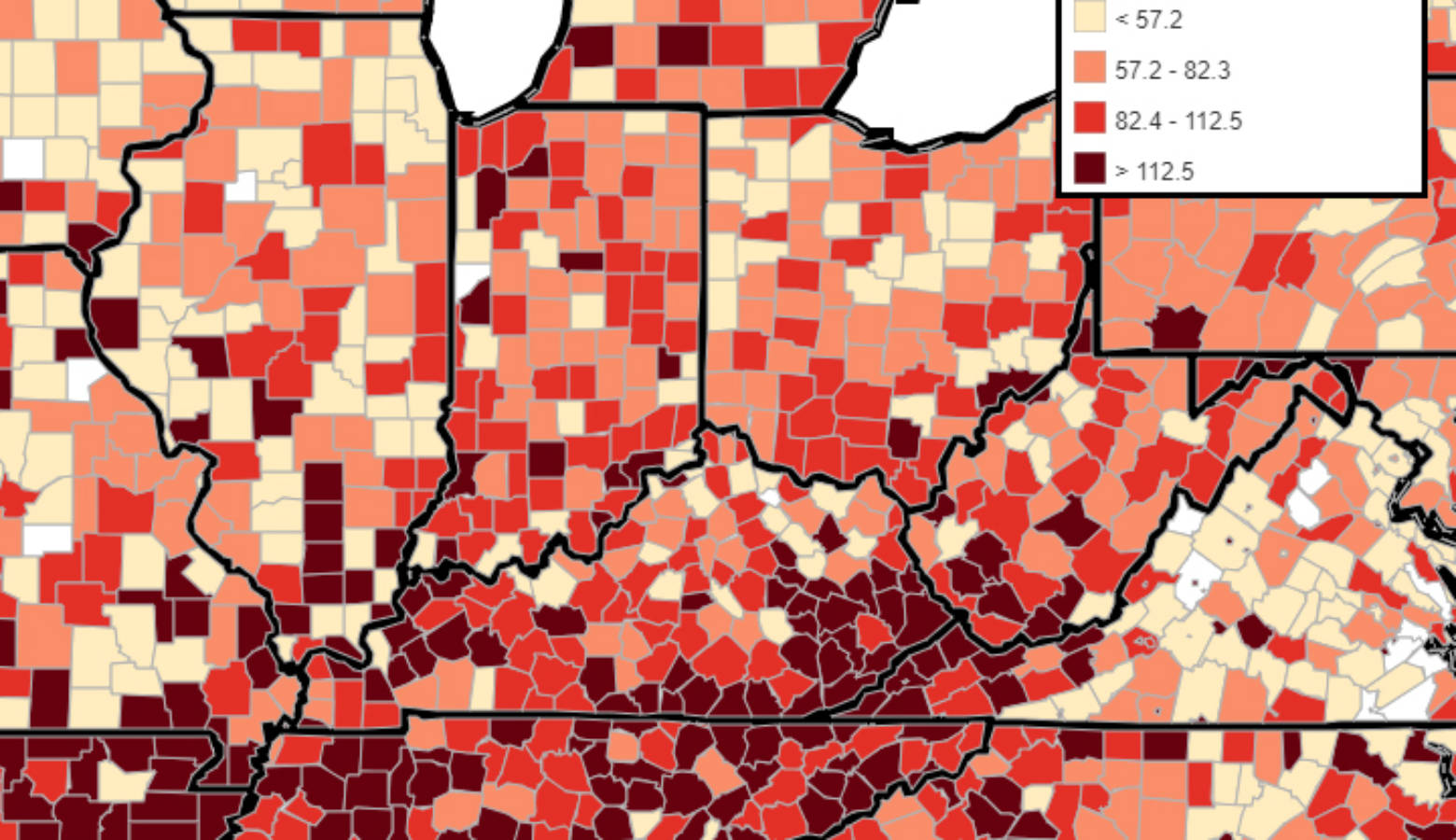Hoosier Localities Opt Out Of Indiana Opioid Crisis Lawsuit To Continue With Their Own

A new state statute requires local governments suing opioid companies over the drug crisis and seeking damages to “opt out” of any state settlement funds in order for local cases to move forward. Of the about 50 local governments with lawsuits pending, several locations voted to opt out this week. And Muncie is scheduled to do so next week.
Muncie was one of the first cities to announce a lawsuit in late 2017. It names the three largest opioid distributors in the country – Cardinal Health, Amerisores Bergen, and Mckesson. At the time, then-Muncie Mayor Dennis Tyler said 82 percent of the city’s general budget was devoted to public safety because of problems related to opioid addiction.
This week, West Lafayette, Lafayette, and Marion County officials voted to opt out. The Muncie City Council is scheduled to pass a resolution opting out at a June 14 special meeting.
Richard Shevitz is an attorney representing West Lafayette and Marion County in their lawsuits over the opioid crisis. He said under the state’s umbrella, 15 percent of any settlement would be divided among local governments, 15 percent would go to the state, and the remaining 70 percent would be distributed by Indiana’s Family and Social Services Administration.
“It’s like any pot of money. Everybody would like to get their hands on it,” he said. “The state would like to see it go through the state process so they can control it at that level.”
Local governments have until June 30 to opt out of the statewide suits, but will have 60 days from the date of their withdrawal to opt back in.
Shevitz said it’s not clear how much money will go to local governments either through individual lawsuits or the state settlement. But he said local governments have been impacted by the crisis differently – so it makes sense that they should want control over how those funds are used.
“None of us have a crystal ball so I don’t want to predict the future but I think the calculus that they are making is that however much lies ahead, getting more than 15% of it is probably the right thing to do,” he said.
Shevitz called the state statute to take control of local settlements “highly unusual.”
